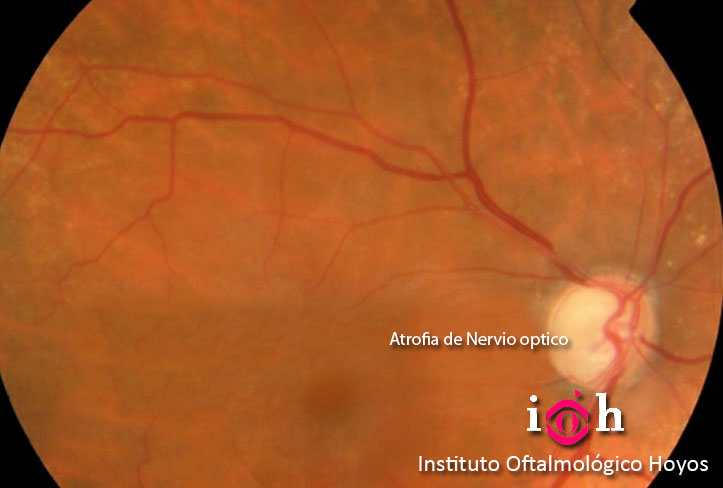GLAUCOMA
Glaucoma is an eye disease which displays few symptoms (silent blindness), but which is one of the main causes of blindness in our country. By having an annual check-up of one’s ocular tension it is possible to prevent and make an early diagnosis, which are key if we are to avoid a total loss of vision.
What is glaucoma ?
Inside the eye a liquid is produced which is called aqueous humor. This is drained by small ducts into the bloodstream. This liquid puts pressure on the eye, the normal measurement being between 10 and 20 mmHg. This draining can be obstructed suddenly or progressively, causing an increase in intraocular pressure, which leads to the atrophy of the optic nerve and provokes loss of vision.
What are the symptoms ?
Glaucoma is known as ‘silent blindness’ due to the fact that patients display almost no symptoms while for years they slowly lose the peripheral part of their visual field, although they maintain good central vision almost until the end. There is an acute form which develops within hours in which sufferers experience intense pain, vomiting, blurred vision, they see colored halos around lights and ultimately they lose their vision completely.
What are the causes ?
The hereditary factor is the most important, above all in people over the age of 40. In addition to this, myopes are at greater risk of suffering from chronic glaucoma and hyperopes, the acute form. The indiscriminate use of eyedrops with corticoids and certain tranquilizing medications may provoke glaucoma in patients who are genetically predisposed to it.
How can it be treated ?
This will depend on the degree to which the disease has evolved, but what must be done is to reduce the intraocular pressure in the eye by means of a suitable pharmacological treatment or by a surgical or laser intervention.
Can it be prevented ?
Treatments are used to curb the disease, but lost vision cannot be recuperated. For this reason it is very important that everyone over the age of 40, especially those with a family history of glaucoma, has their ocular tension checked by their ophthalmologist at least once a year. With cases of acute glaucoma, the ophthalmologist may be able to detect them well before they occur and with simple laser intervention prevent them from appearing.

